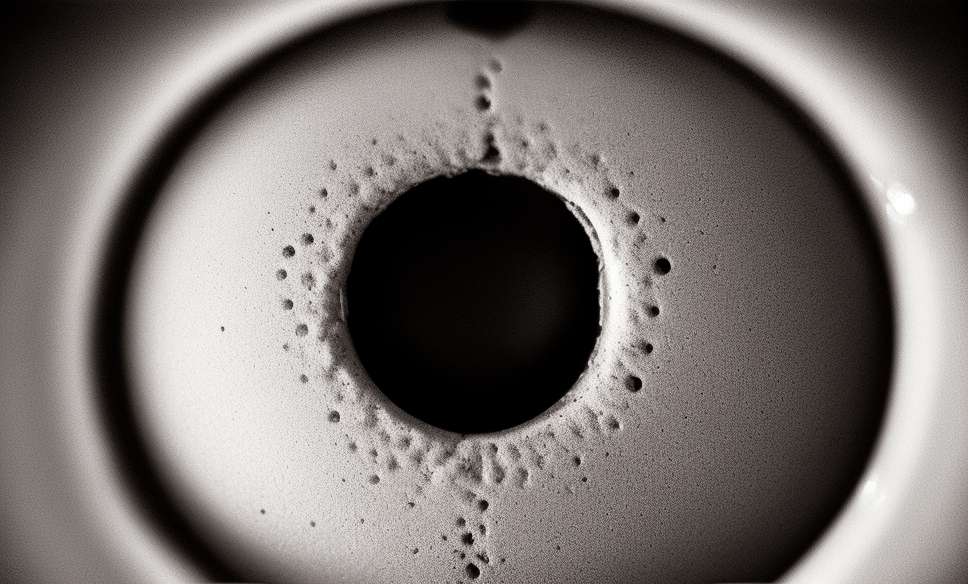Lack of sleep generates depression
April 2024

Without a doubt, we have all felt sad, upset or afraid of different situations. That is perfectly normal, but why on many occasions do you hide your emotional pain and pretend to be strong?
Why do you feel responsible for not "falling" in the eyes of others? Why do you equate emotional expression as a sign of weakness?
It is trying to hide an emotional pain, mainly that produced by emotions or feelings of: sadness, anger, worry, fear, shame, rejection, lack of love, etc.
This concealment is usually before others, but it can also be applied to the very recognition of feeling bad, with the intention of not feeling worse.
When you perceive that a person is not in a state of habitual balance, we usually ask things like: What do you have, are you angry / sad / upset ?; I see you weird, is something wrong with you?
If the person finds it uncomfortable to expose their emotional pain, they will tend to use denial as a defense mechanism.
Sometimes the person moves away or temporarily isolates from the sight of others, so as not to make evident their discomfort. Then a "false identity" of "strength" is created where the "must be strong" is the pillar that holds this fictional character.
The "character" can be strong, carefree, mocking, super controlled, hyper rational, etc.
In general we can say that fear is the central component of this behavior:
Suppressing emotional output or expression does not make you suppress emotions.
Like any defense mechanism, it only has temporary benefits, when it is done for a short period of time: It gives the mind the opportunity to assimilate very painful facts or information.
It allows you to act more appropriately in compromised situations.
It is paradoxical that we are taught that showing our vulnerability is a sign of weakness and that "becoming strong" is correct as a sign of strength. As we have already seen, fear is the main emotion that moves us to hide what we really feel, and that can not be a sign of true strength at any time.
The only way to make yourself strong is to first recognize your weakness
and then make that change.